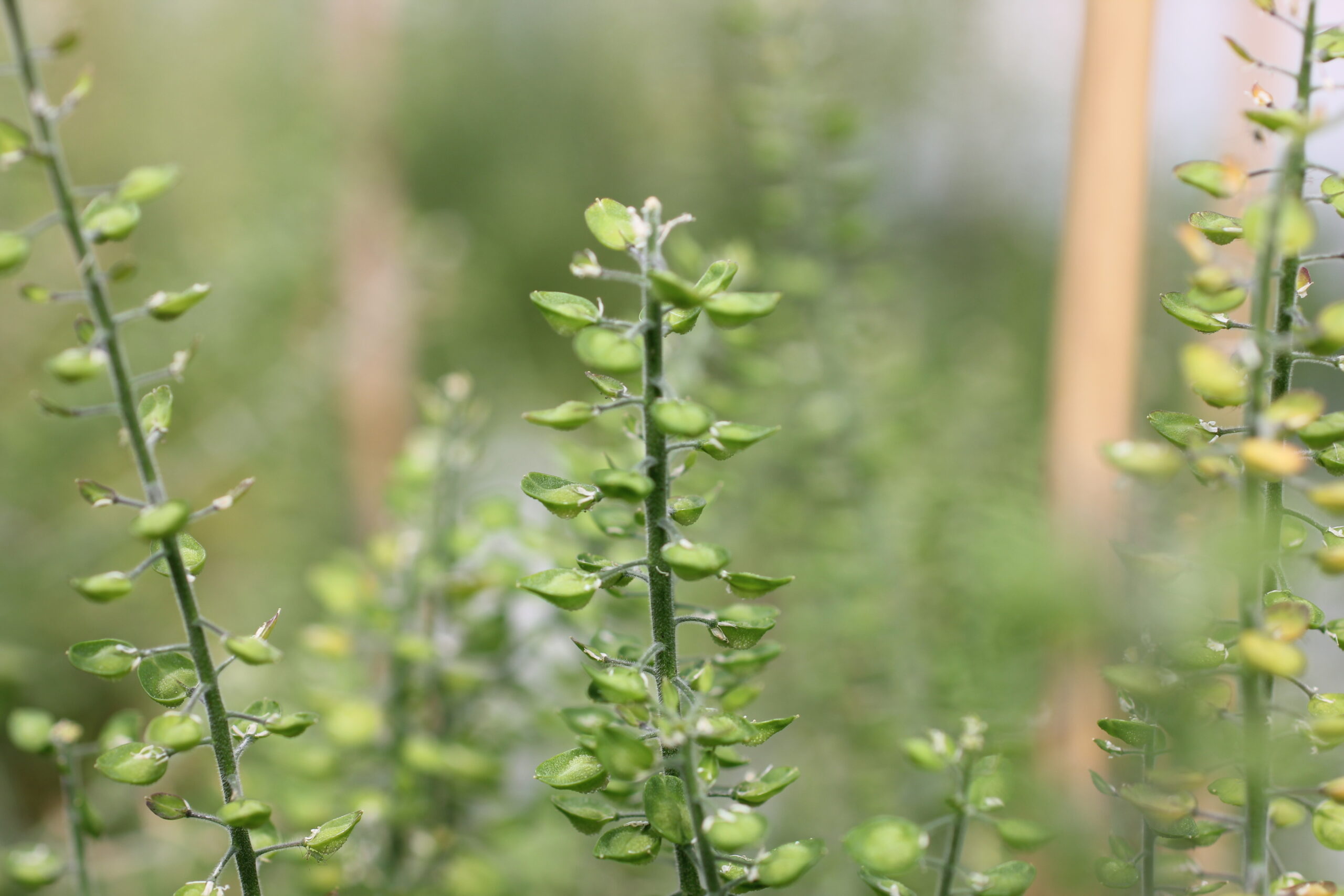Future deliveries from the chemical pulp industry – flexible electricity, green products or negative emissions?

The project aims to investigate the interaction between the chemical pulping industry and the future energy system under different energy scenarios. The project will explore various alternatives for developing chemical pulp mills, including increasing flexibility in interaction with the electricity system, producing green products, and/or providing negative emissions.
By analysing conventional chemical pulp mills and the most promising new technologies, the project will provide insights into how pulp mills can contribute to balancing supply and demand in the electricity system and/or provide new green products or negative emissions.
The project will also identify economic and policy incentives as well as barriers for pulp mills to act in a certain direction and assess how their role in the energy system may change over time in response to increased demand for bio-based products from other sectors.
Filip Johnsson
Chalmers University of Technology

filip.johnsson@chalmers.se
Project information
Participants
Chalmers University of Technology
Södra
Time schedule
December 2024 - December 2025
Total cost of project
1 185 000 SEK
Swedish Energy Agency's project number
2024-03042
More projects

Cultivating sustainable energy and empowering Swedish agriculture through a novel oil crop
This project marks the beginning of a pioneering effort to develop a novel bio-based value chain for biofuel and proteins in Sweden….
Manager: Cecilia Hammenhag
Ongoing

Green2 Feed – Sustainable animal feed and biogas from green leaves
To become a bioeconomy for real – how do we solve issues about sustainable protein feed and renewable energy? In order to…
Manager: Thomas Prade
Ongoing

Next generation surveillance of biogas plants using AI – for improved efficiency and resource utlisation
Increased biogas production, e.g. more biogas plants as well as increased production efficiency per plant, is clearly an important approach to reach…
Manager: Anna Schnürer
Ongoing


